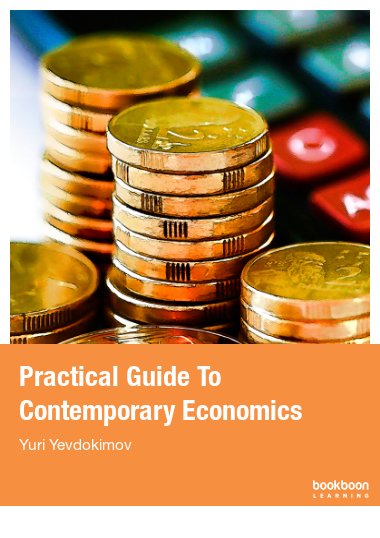This book is aimed at readers who - are not economists but want to understand fundamental economic concepts in an easy and straight-forward way;
- are not majoring in economics but want to take economics as a part of their degree requirements;
- are economists who want to refresh their understanding of fundamental economic concepts quickly without going into complicated details.
The book is organized in 13 chapters of which 7 are dedicated to microeconomics and 6 are dedicated to macroeconomics. Each chapter starts with the list of concepts discussed.

